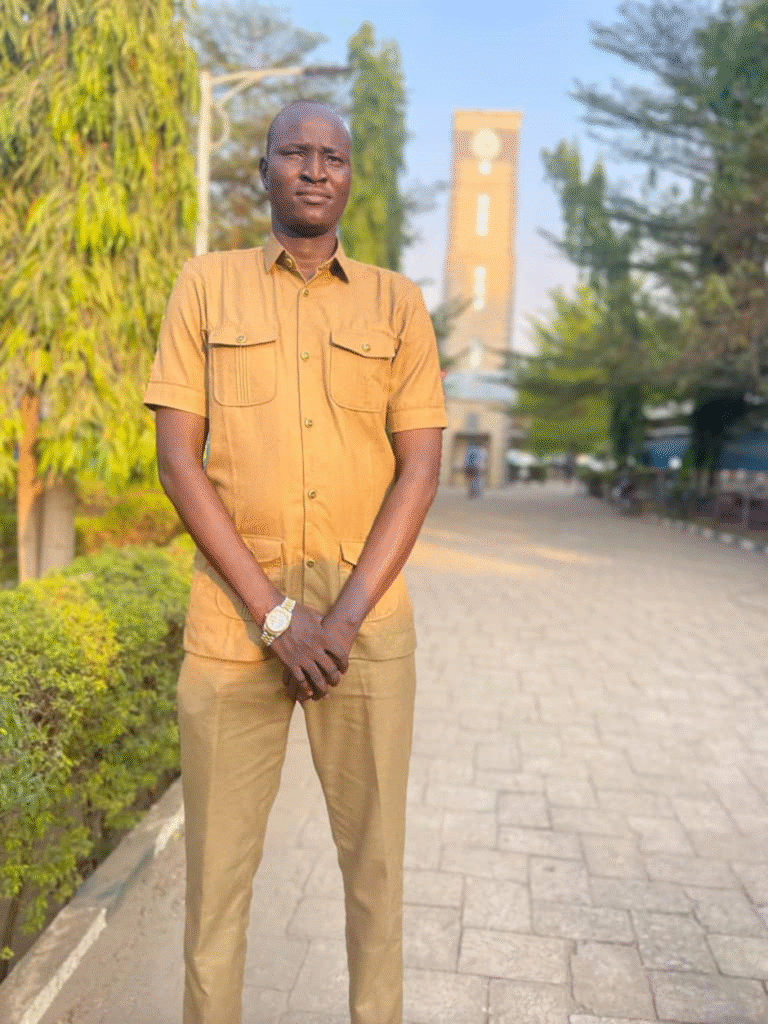South Sudan's English Daily Newspaper
"We Dare where others fear"

By Aluong Maker Aluong
A third-year student at the University of Juba’s College of Natural Resources and Environmental Studies,Chol Alier Dit, has urged South Sudanese citizens to look beyond relying solely on elections as the pathway to national development.
He argues that lasting progress requires continuous civic engagement, accountability, and grassroots action alongside democratic processes.
In an interview with The Dawn Newspaper, he stated that elections do not guarantee development—whether national or regional. Instead, he advocates for a governance system that holds everyone accountable, restoring trust and fostering development.
“Elections alone do not ensure development. Strong factors such as sound economic policies, the rule of law, and robust institutions are equally crucial. We should not be overly focused on the desire for elections,” Alier said.
He highlighted that there are various types of elections that may not truly reflect their intended purpose. “A country can conduct flawed elections characterised by fraud, violence, or a lack of inclusivity. Such elements can undermine development and destabilise a nation”.
Alier urged South Sudanese not to tunnel vision on the desire for elections while neglecting other factors that are essential for progress. This narrow focus may lead to “psychological stress” if expectations are not met in the near future.
He reiterated that a nation can remain peaceful without elections for some time if a sound governance system is in place. Elections do not equate to good governance, which is necessary for development; they are merely a means of sharing power.
“Does that guarantee development? Of course not!” he asserted.
He clarified that he is not against elections but believes they should be paired with other elements that enable their success.
“Dear citizens of our young nation! You are right to demand this crucial exercise, but it should not be advocated in isolation. A successful transition to development requires a holistic approach that includes strengthening democratic institutions, promoting good governance, and fostering economic growth,” Alier explained.
In a bold statement, he contended that the role of elections in bringing about national development is minimal without democratic institutions such as Parliament, Congress, the Judiciary, political parties, civil society organisations (CSOs), a constitution, and ultimately an Independent Electoral Commission (IEC).
“We have not conducted a single election here, but what I have observed from neighbouring countries like Kenya, Uganda, and Sudan speaks volumes. Once an election is held, a glimmer of hope emerges! But does that lead to development? That remains abstract, and challenges will still be on the horizon,” Alier affirmed.
In conclusion, while elections are vital components of the development process, they are not a “silver bullet.” Their effectiveness depends on a range of factors and requires a holistic approach that combines electoral reform with other development initiatives” he said.




